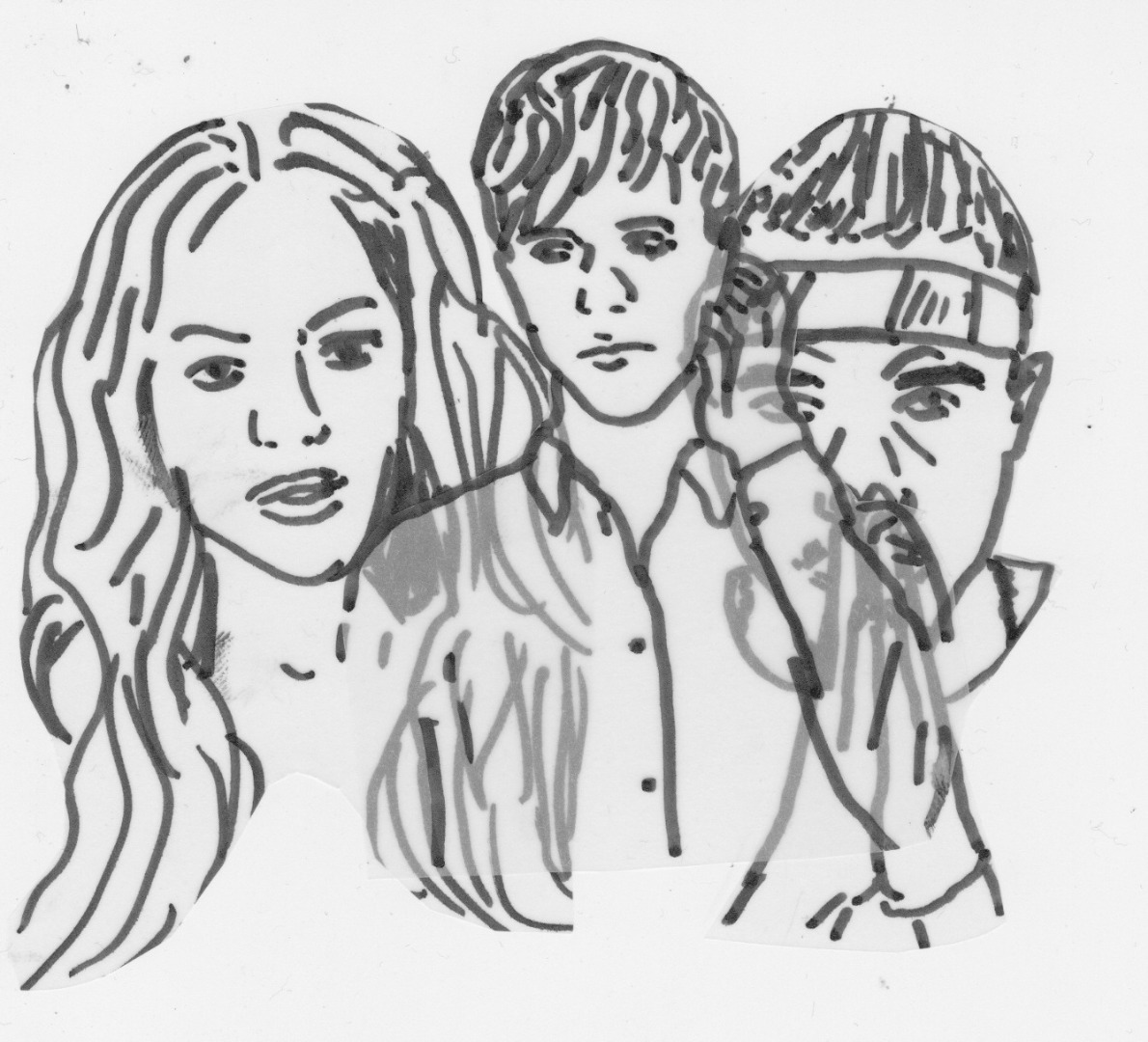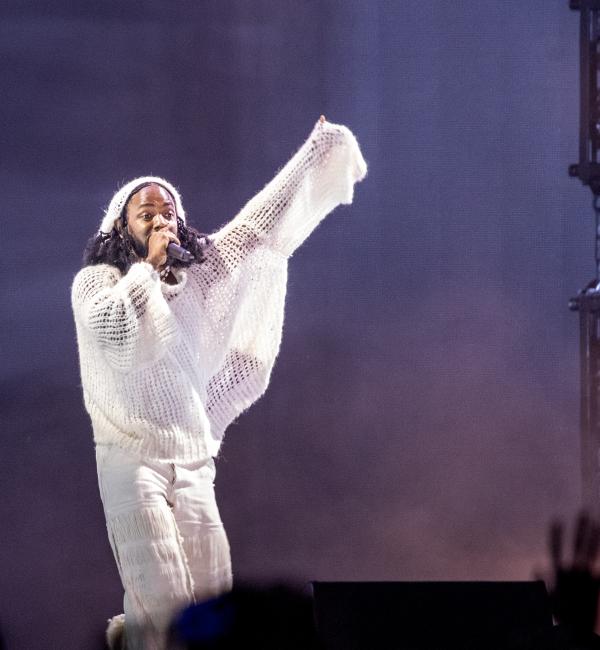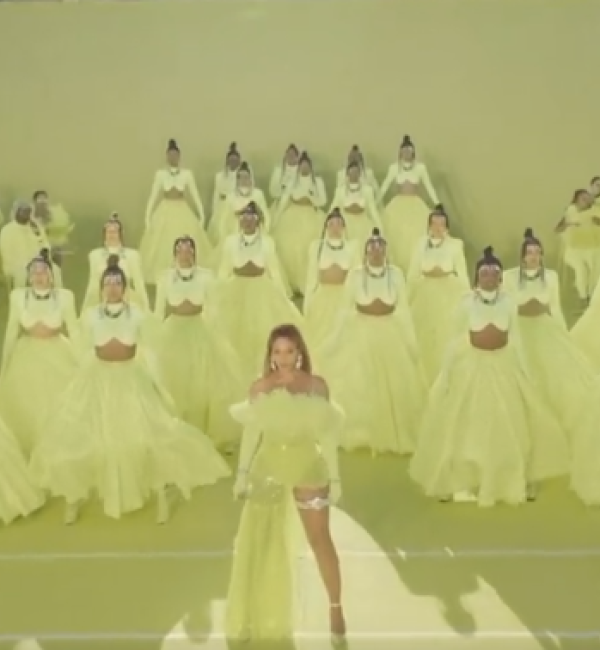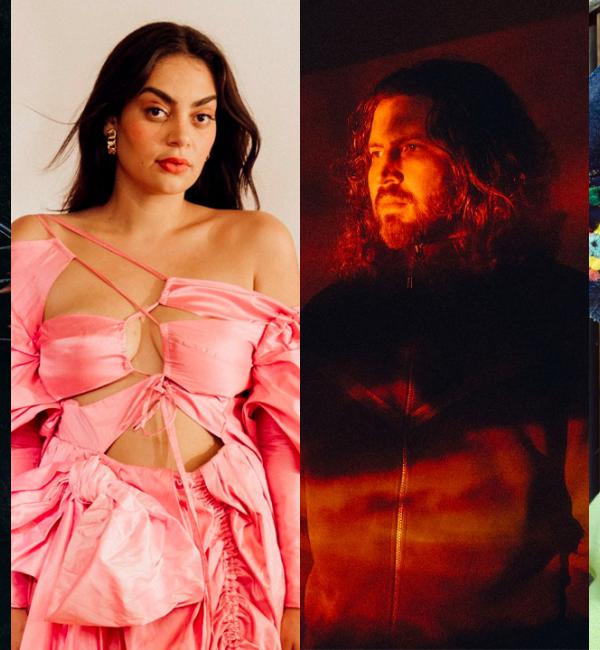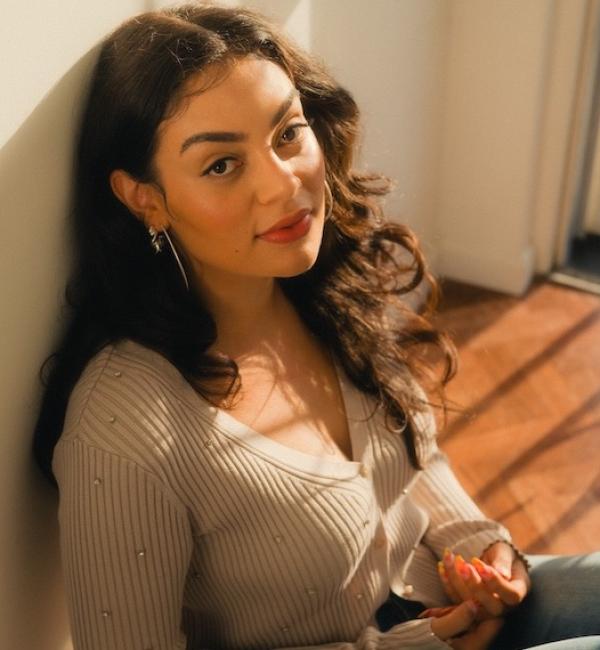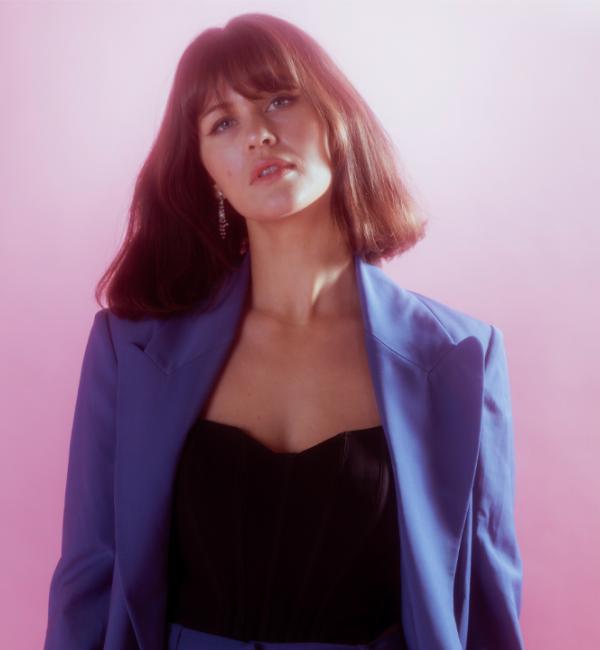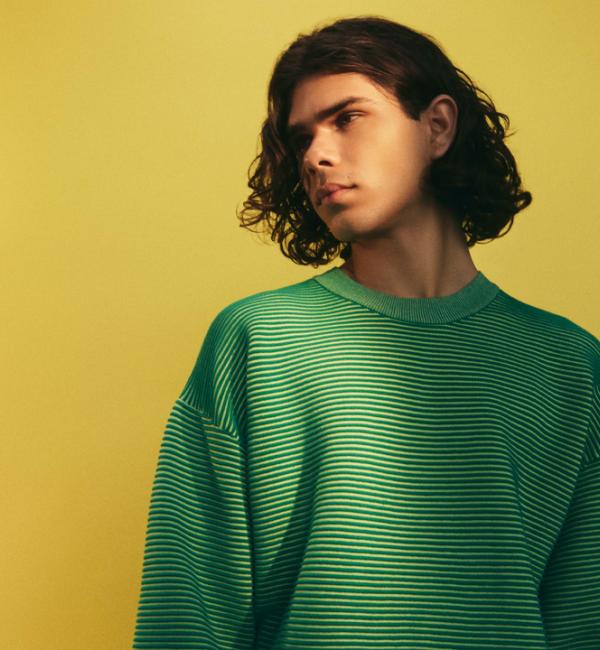CURATOR/CREATOR
Pop music has always been, in a way, a kind of curatorial pursuit. Whether it's Elvis' rolodex of anonymous Class A songwriters or Bowie's luminous collaborators (from Iggy Pop to Nile Rogers) it's undeniable that the Pop Artist is a representative artifact something that inhales a myriad of creative ideas, selecting and projecting the ones that communicate the desired effect. But it is here, at the point of selection, that the curatorial nature of most songwriting ends.
Because if Elvis were curating an art gallery like he did his music then he would pay someone talented and hungry for their art and just hang it on his gallery wall without a plaque. And let everyone assume that he'd painted it. And this is the primary model of pop songwriting that persisted through the 20th century and into the 21st.

Our Very Own Golden Age
But I'm hoping we're approaching a kind of golden age of what could be more truly called curatorial pop music. Let's listen to Lemonade again. It's so many things, a truly glorious composite. It's James Blake's arctic languor and Kendrick Lamar's enthralling polemic, it's the telescopic words of Warsan Shire and the hingesplitting howl of Jack White. It's beyond mere transparency conspiratorial voices are advertised and celebrated. Here the Pop Artist becomes further verified by the other people in her work (the long list including people like Diplo, Ezra Koenig, Josh Tillman, Wynter Gordon and the Weeknd) And in a classical curatorial sense, it seems to be hung together with an awareness of its various pieces
Prosumers
In their collection of essays entitled What Was The Hipster? New Yorkbased literary magazine n+1 claimed that "the current generation of fashionable young things are 'prosumers' who prefer to select cultural artifacts rather than produce them." And it's mostly true in 2016 'curator' seems like little more than a ruined word. It's become the dominion of capsule collections, guest bloggers and popup shops so ravaged by digital commerce that it's become nearunrecognisable, vacant.
Transmission
But clearly Beyoncé isn't merely selecting, she is producing, and producing some of the best work of her career. Which is why I think pop music is currently running against the corrosive trend that seems to be afflicting the concept of curation.
Her public assembly of talent is more than branding, and regardless of album sales, Lemonade seethes with uncomfortable truths, with the words of uncompromising poets and black rights activists, it bristles with fury and betrayal. Even I'm nowhere near cynical enough to think that $$$ was the primary endgame. In short, the recent flurry of curatorial choices in pop music seems a lot more to do with the transmission of ideas rather than the generation of raw hits.
Digital Disaffection
This isn't anything especially new, it just seems to becoming incrementally more transparent. Similarly Anhoni's new post-Johnsons album Hopelessness employs curatorial choices that mercilessly serve the subject. Daniel Lopatin (Oneohtrix Point Never) and Hudson Mohawke's writing and production on the album crystallize a sense of digital disaffection and the 21st century's terminal search for fulfillment. It's an undulating shudder of dislocation and dehumanization. It's also fucking beautiful.
Fucking Beautiful
And 'fucking beautiful' also happens to be the chosen phrase I use when describing any pairing of Radiohead's Jonny Greenwood and visionary director Paul Thomas Anderson. And their choice to use Anderson in his full panoptic capacity for their ethereal (approaching discarnate) video to 'Daydreaming' was a (mutually) perfect curatorial choice.
Understood As Individuals
What becomes clear about the success of Beyoncé, Anhoni and even Radiohead/Paul Thomas Anderson's curation is that it's genuine. These are artists steeped in their work and telling their stories directly from the gore that boils under their skin.
Chief Curator and Director of the Studio Museum in Harlem, Thelma Golden, is certainly someone who curates from a plainly genuine and deeply personal place. Golden focuses much of her curatorial skill on emerging African American artists. Her first curatorial endeavor for the Studio Museum was in 2001, and introduced the concept of postblack, where Black artists "could be understood as individuals with complex investigations of blackness in their work." Thelma Golden's TED Talk on how art gives shape to cultural change is highly recommended viewing.

The Narrow Road
Thelma Golden's curatorial acumen seems to come from a place of understanding anunderstanding of the complexity of what it still means to be a black woman in America. And correspondingly she notices artists who can express this complexity. In all their worlds of difference, there is a shared experience, a shared understanding.
Venerated Japanese poet Matsuo Bash spent much of his later life walking, perpetually (as much as his health would allow) on the road. And throughout his own writings notably 'The Narrow Road to the Deep North' his own work is occasionally answered by the writings of his traveling companions: "My companion Sora wrote:
Clear voiced cuckoo,
Even you will need
The silver wings of a crane
To span the islands of Magsushima."
Clearly Bash was captivated by the other voices from the road, peppering his writing, even as a celebrated poet, with merchants, travelers and other poets of the day. He celebrated their perspective, and chose the poems that together created the truest distillation of his journey. Many voices and just one story, but one infinitely richer for its unfurling vantage.
